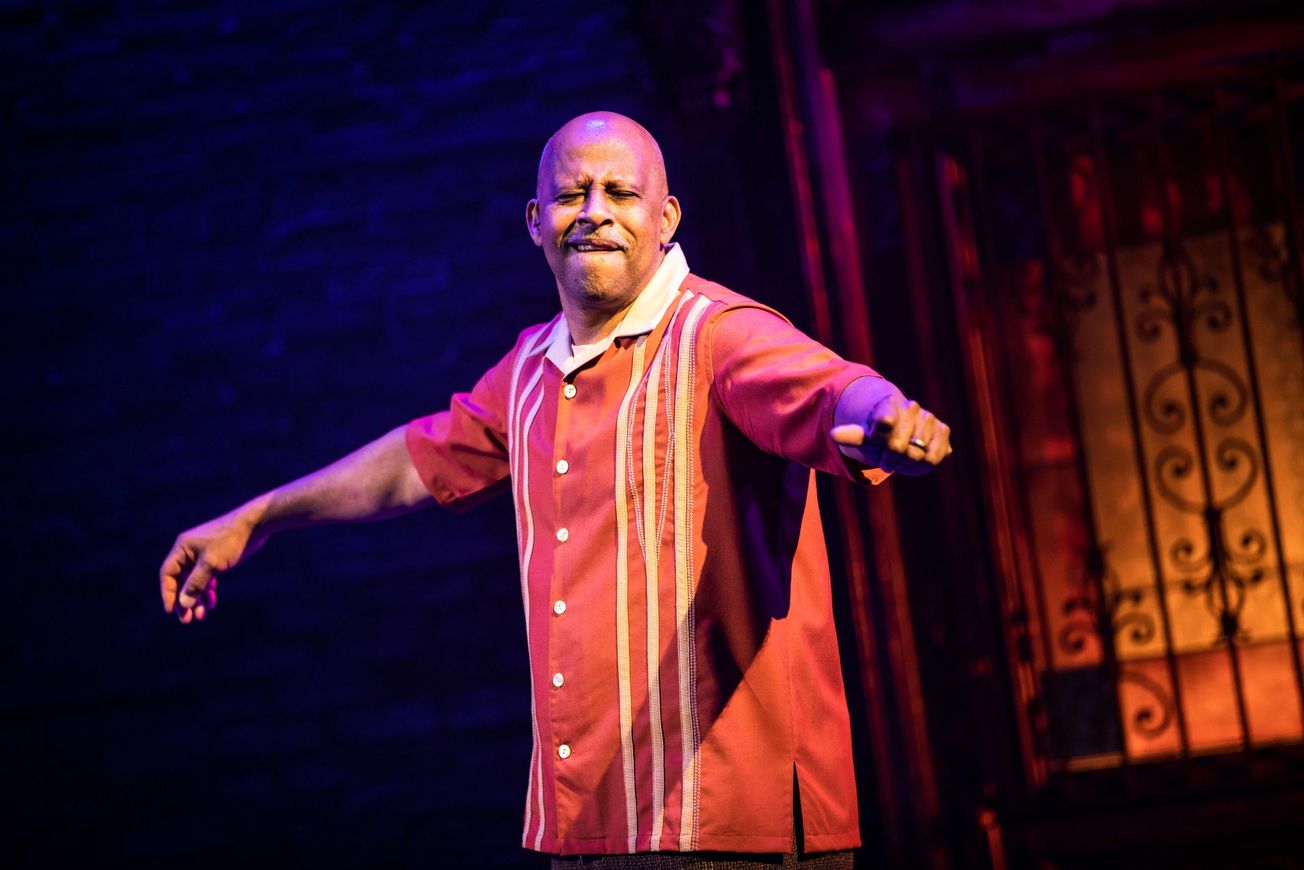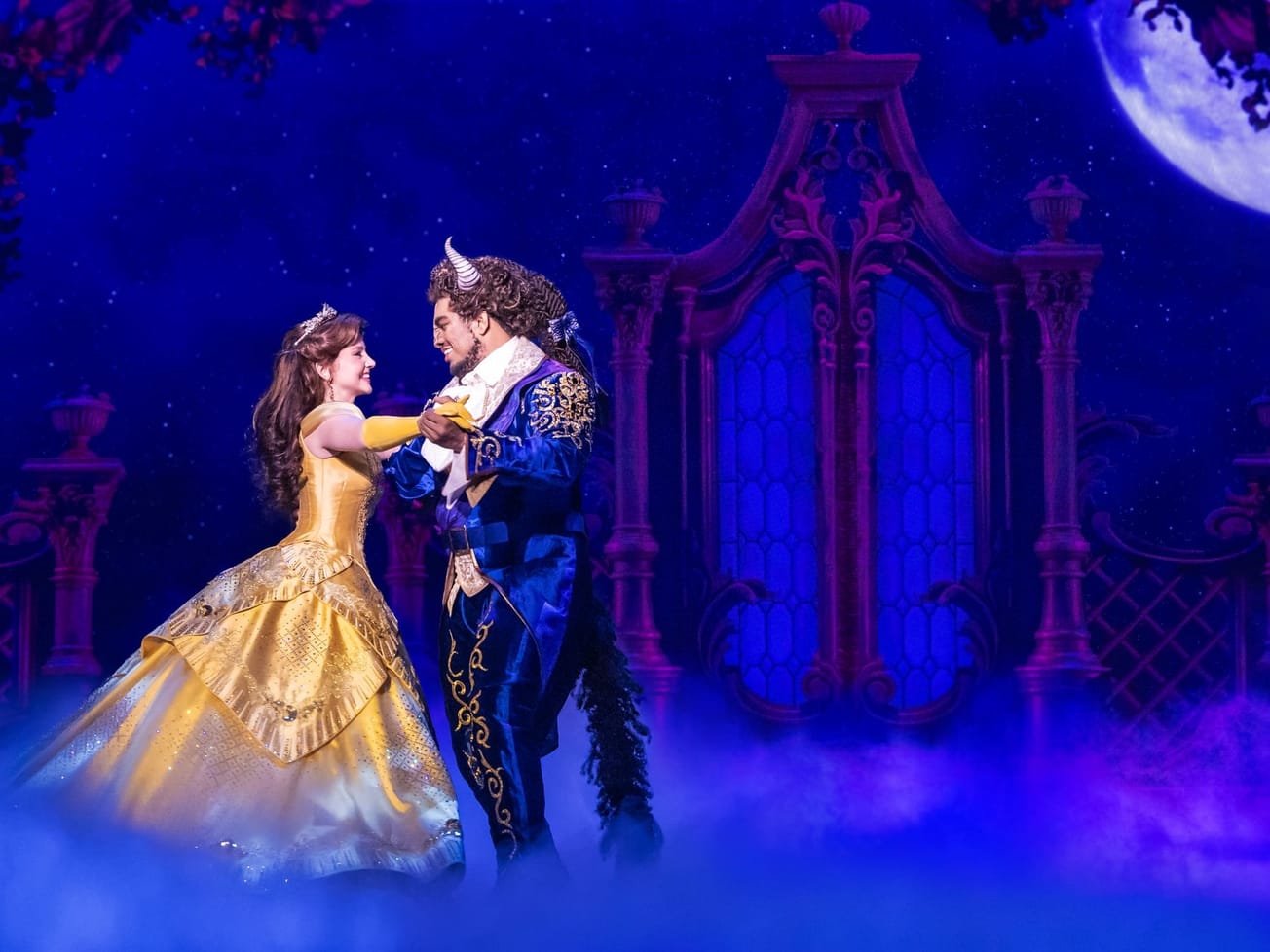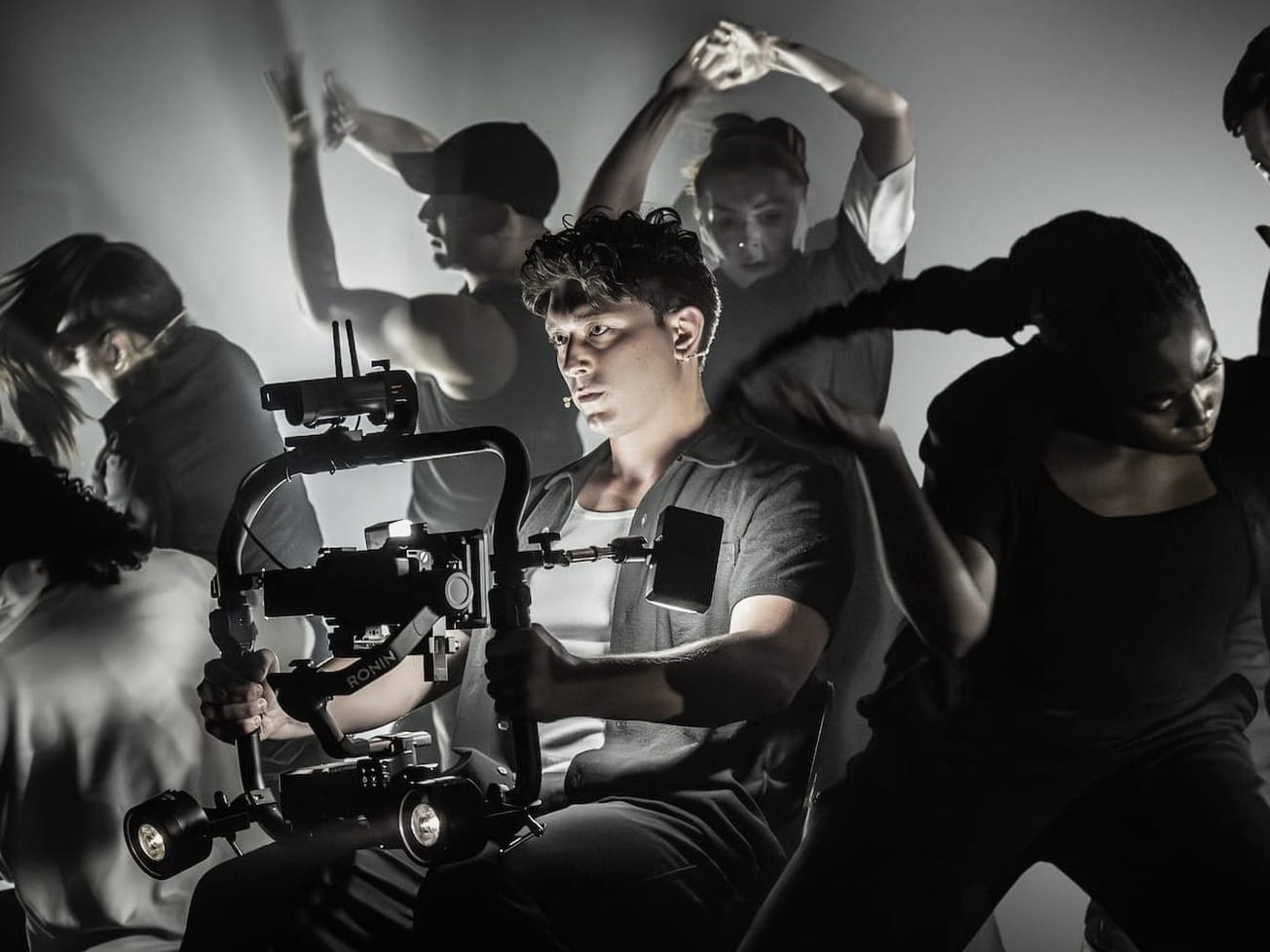All great blues songs have a timeless quality, so it’s entirely fitting that Ruben Santiago-Hudson’s solo show “Lackawanna Blues” still gleams like a newly minted coin some 20 years after it was first produced. In the Broadway production at Manhattan Theater Club’s Samuel J. Friedman Theatre, Santiago-Hudson reprises his vibrantly virtuosic performance, guaranteeing that this memoir of his youth in a boarding house retains all the lively humor and radiant feeling of the original production at the Public Theater.
Review: In ‘Lackawanna Blues,’ Ruben Santiago-Hudson revives his community
All great blues songs have a timeless quality, so it’s entirely fitting that Ruben Santiago-Hudson’s solo show “Lackawanna Blues” still gleams like a newly minted coin some 20 years after it was first produced. In the Broadway production at Manhattan Theater Club’s Samuel J.


























































